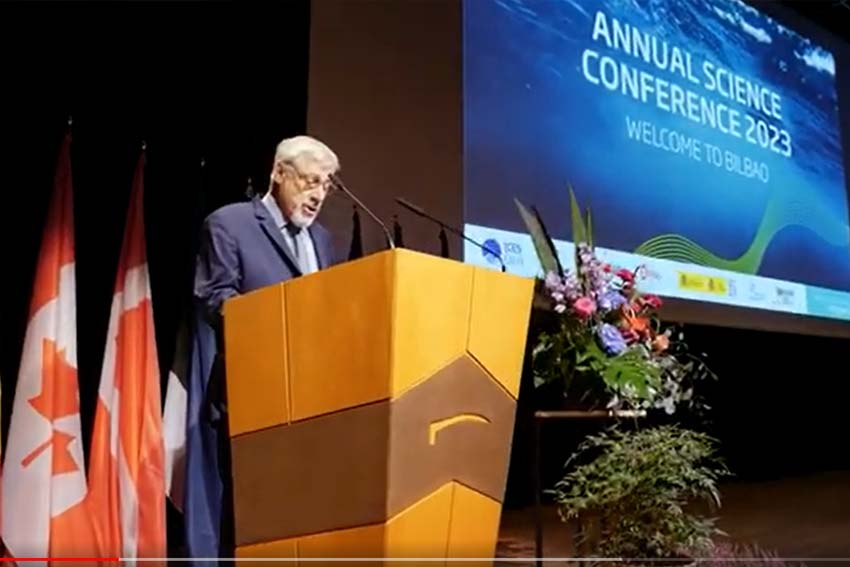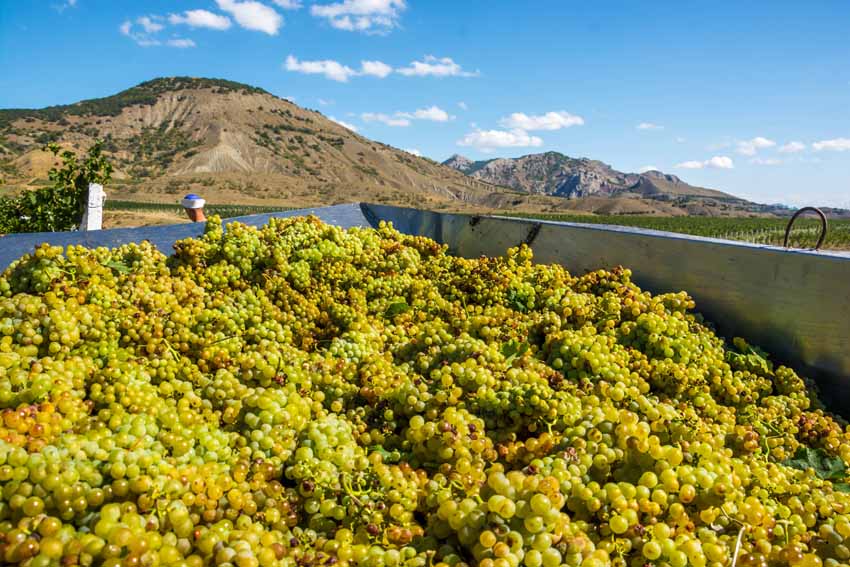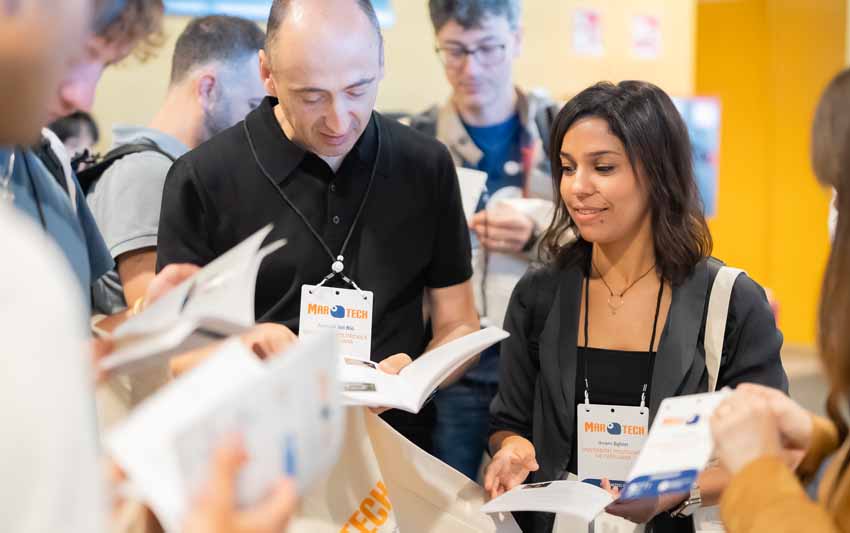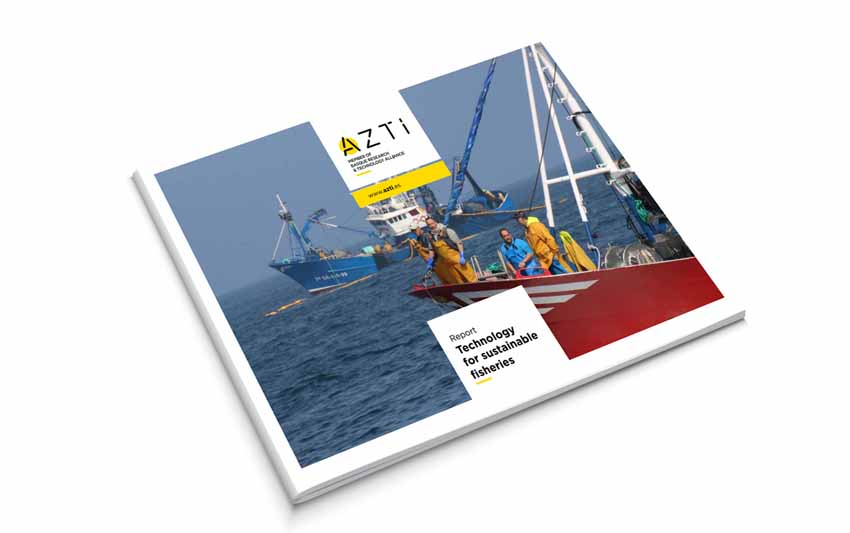The future of the oceans through science: ICES ASC in Bilbao
Últimas noticias
Una mirada LGTBIQ+ al reino animal
Circular Economy in Action: Valorisation of By-products through Projects like PRIMA NEWFEED
Strategic Perspectives: Highlights from the Food4Future World Summit for Business Leaders
The International Council for the Exploration of the Sea Annual Scientific Conference (ICES ASC) took place in Bilbao from 11 to 14 September, hosted by AZTI.
This event gathers marine scientists, managers and other stakeholders in marine scientific disciplines from around the world to meet, present and discuss the latest scientific advances in favour of the sustainable use of our oceans.
It was a great challenge for AZTI to organise this event, but also very rewarding as it turned out to be a great success. We would also like to thank the collaborating entities that helped bringing the conference to Bilbao: Bilbao City Council, the Provincial Council of Bizkaia, the Basque Government, the Ministry of Agriculture, Fisheries and Food, the Ministry of Science and Innovation, Marine Instruments, OPP Burela, Anacef and Abanca.
Although it is impossible to summarise everything that happened at the Euskalduna Palace, here is a glimpse:
- Delegates from 37 countries
- 720 attendees in person
- 143 remote attendees
- 3 keynote speakers
- 17 thematic sessions
- 258 oral presentations
- 207 scientific posters
- 73 ICES expert group posters
- 4 networking sessions
And this is a small video recap of what happened during the four days of the Coonference:

Índice de contenidos
What is the International Council for the Exploration of the Sea?
The International Council for the Exploration of the Sea (ICES) is an intergovernmental organisation dedicated to marine research and the sustainable management of marine resources in the North Atlantic, which grew out of society’s need for unbiased data on the state and sustainable use of our seas and oceans. ICES acts as an advisory body to the European Commission, as well as to the International Oceanographic Commission (IOC) and the FAO, providing advice annually on fishing opportunities for some 250 fish stocks and other marine resources, many of which are straddling or highly migratory.
It aims to advance and share scientific understanding of marine ecosystems and the services they provide, and to use this knowledge to generate cutting-edge advice to achieve conservation, management and sustainability goals.
Some 6000 scientists from more than 700 marine institutes in 20 countries are members of the council, which is organised into different working groups and committees focusing on different areas of study and responsibilities.
AZTI’s representatives in ICES
Dorleta García is vice-chair of the ACOM (Advisory Committee), the highest body responsible in ICES for responding to all requests for scientific advice for the sustainability and protection of marine ecosystems. Dorleta is the first person from AZTI to form part of the ACOM board.
On the other hand, as far as the working groups are concerned, these are led by highly experienced scientists who are leaders in their respective areas, and AZTI is proud to have some of our researchers in these positions:
- María Jesús Belzunce: Marine Chemistry Working Group. The MCWG focuses its work on the status and fate of pollutants (organic substances and trace metals) in marine ecosystems and chemical oceanography (nutrients and ocean acidification).
- Guillermo Boyra: Working Group on Acoustic and Egg Surveys for small pelagic fish in Northeast Atlantic. The WGACEGG is in charge of coordinating surveys, methods and data processing in order to provide suitable indices for the Data Collection Framework (DCF) and ecosystem indicators for the Marine Strategy Framework Directive (MSFD). The area covered by the group covers the continental shelves from Gibraltar to the UK. This group ensures the supply and quality of the data provided to the ICES advisory groups in charge of the assessment of species of great interest to our fleet such as anchovy, sardine, blue whiting, mackerel and horse mackerel in the Northeast Atlantic.
- Naiara Rodríguez-Ezpeleta: Working Group on the Application of Genetics in Fisheries and Aquaculture. The WGAGFA focuses on methods to describe, conserve and manage intraspecific biodiversity, in particular on the application of genetic and genomic analyses, and also makes retrospective estimates and forecasts of how different factors – e.g. physical, climatic and fisheries – affect distributions.
- Leire Ibaibarriaga: Working Group on Horse Mackerel, Anchovy and Southern Sardine. The WGHANSA is in charge of assessing the state of several stocks of small pelagic fish that inhabit the waters of southwest Europe and making short-term predictions in this regard.
- Josean Fernándes: Working Group on Machine Learning in Marine Sciences (GWMLEARN). Machine learning refers to statistical methods that learn to perform a task (classifying items, predicting values, etc.) by inferring properties and patterns from a known dataset (training set) and can then perform the same task to provide predictions on a new dataset (test set). These methods have the potential to significantly speed up the processing of the huge amount of data collected in marine science, especially for the fisheries science process.
- Lucía Zarauz: Working Group on Governance of the Regional Database and Estimation System. The WGDBESGOV is a governance group that oversees the current Regional Database (RDB) and the new Regional Database and Estimation System (RDBES) that is under development.
- Estanis Mugerza: Working Group on Recreational Fisheries Surveys. The WGRFS plans and coordinates the collection of recreational marine fisheries data for stock assessment. It does this by providing recreational fisheries data and estimates for the ICES stock assessment and advisory processes, operating within its quality assurance framework and responding to the requirements of the EU Data Collection Framework (DCF) and other drivers.
The work of these and all other groups is essential to provide sound scientific information and recommendations for decision making related to the management of marine resources.







